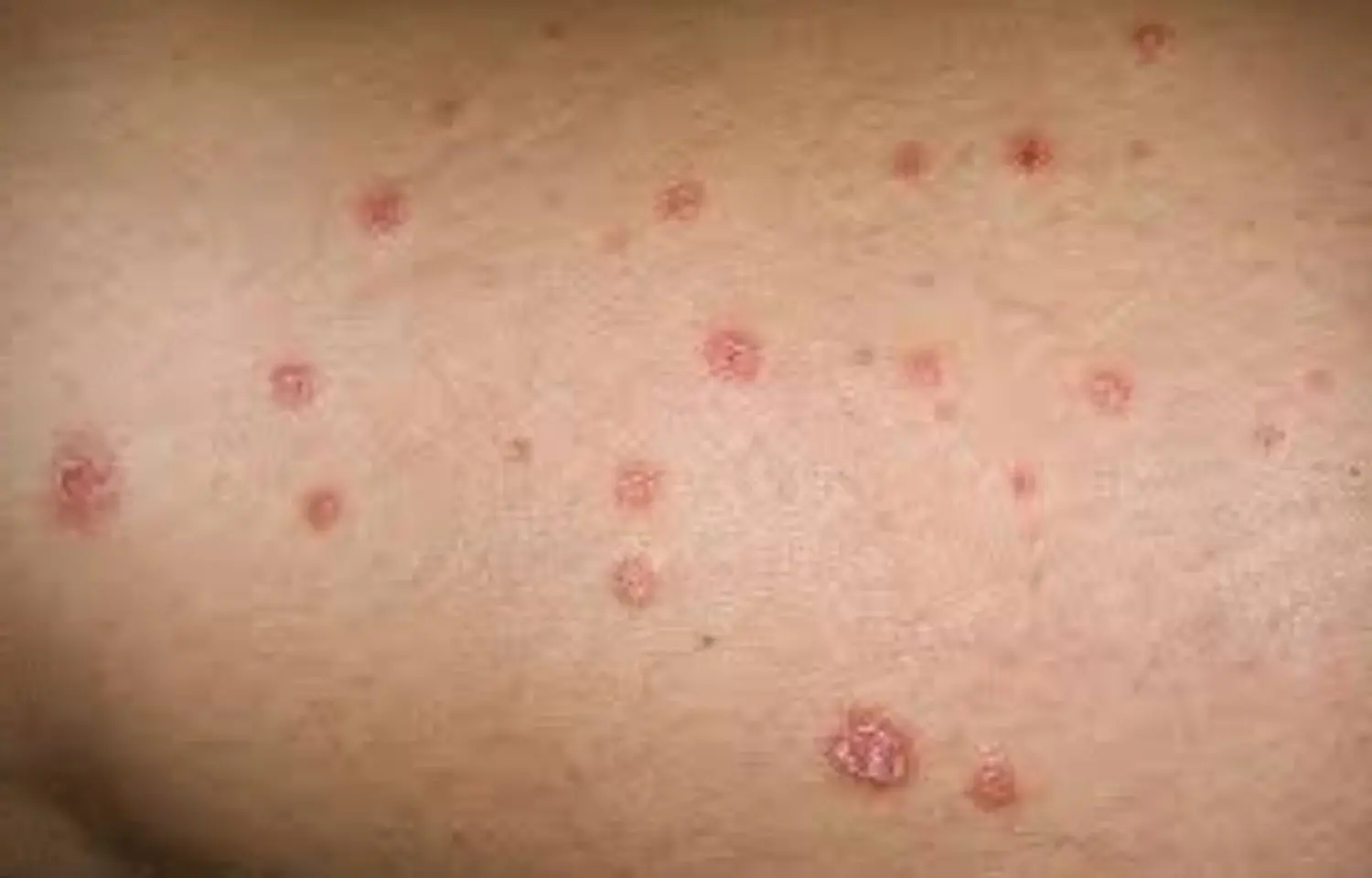- Home
- Medical news & Guidelines
- Anesthesiology
- Cardiology and CTVS
- Critical Care
- Dentistry
- Dermatology
- Diabetes and Endocrinology
- ENT
- Gastroenterology
- Medicine
- Nephrology
- Neurology
- Obstretics-Gynaecology
- Oncology
- Ophthalmology
- Orthopaedics
- Pediatrics-Neonatology
- Psychiatry
- Pulmonology
- Radiology
- Surgery
- Urology
- Laboratory Medicine
- Diet
- Nursing
- Paramedical
- Physiotherapy
- Health news
- Fact Check
- Bone Health Fact Check
- Brain Health Fact Check
- Cancer Related Fact Check
- Child Care Fact Check
- Dental and oral health fact check
- Diabetes and metabolic health fact check
- Diet and Nutrition Fact Check
- Eye and ENT Care Fact Check
- Fitness fact check
- Gut health fact check
- Heart health fact check
- Kidney health fact check
- Medical education fact check
- Men's health fact check
- Respiratory fact check
- Skin and hair care fact check
- Vaccine and Immunization fact check
- Women's health fact check
- AYUSH
- State News
- Andaman and Nicobar Islands
- Andhra Pradesh
- Arunachal Pradesh
- Assam
- Bihar
- Chandigarh
- Chattisgarh
- Dadra and Nagar Haveli
- Daman and Diu
- Delhi
- Goa
- Gujarat
- Haryana
- Himachal Pradesh
- Jammu & Kashmir
- Jharkhand
- Karnataka
- Kerala
- Ladakh
- Lakshadweep
- Madhya Pradesh
- Maharashtra
- Manipur
- Meghalaya
- Mizoram
- Nagaland
- Odisha
- Puducherry
- Punjab
- Rajasthan
- Sikkim
- Tamil Nadu
- Telangana
- Tripura
- Uttar Pradesh
- Uttrakhand
- West Bengal
- Medical Education
- Industry
Topical lovastatin significantly improves QoL in patients of Disseminated superficial porokeratosis

South Carolina: Physical and psychological burdens of disseminated superficial actinic porokeratosis (DSAP) can be reduced by treatment with topical lovastatin as the condition significantly impacts QoL, a recent study has found. Further, the researchers suggest that clinicians should be aware of the impact of DSAP on patients' quality of life. The study was published in the Journal of the American Academy of Dermatology on February 22, 2022.
Disseminated superficial actinic porokeratosis (DSAP) is typically progressive and lifelong. Not much data is available regarding the impact of DSAP on QoL. Gabriella Santa Lucia, Medical University of South Carolina, Charleston, South Carolina, and colleagues sought to identify the overall impairment of QoL in DSAP patients, measure the impact of treatment on QoL, and assess correlations in QoL impairment.
For this purpose, the researchers prospectively evaluated QoL measures in adult patients with DSAP in a randomized controlled trial comparing topical 2% lovastatin and 2% lovastatin/2% cholesterol from August 2020 to April 2021. They conducted a cross-sectional analysis of sociodemographic data and averaged self-reported DSAP-related impact on QoL (scale 1-10) at baseline. The RAND36 and Dermatology Life Quality Index (DLQI) were distributed and averaged at weeks 0, 4, 8, and 12. A repeated-measures analysis of variance and Pearson correlation coefficient were the statistical measures used in the analysis.
26 (84%) of the 31 subjects, were women and 5 (16%) were men, with a mean age of 57 years.
The study revealed the following findings:
- The patients had failed a mean of 2.5 treatments before enrolling in the trial. The mean DSAP QoL score was 6.0 ± 2.3.
· The average baseline DLQI score before treatment was 6.2 ± 3.5. After 3 months of treatment, QoL increased, with DLQI scores decreasing to 2.6 ± 2.8 for both treatment groups. No significant differences in DLQI scores were observed between treatment groups, and no significant difference in RAND36 scores was found at any time point.
· The self-reported DSAP-related impact on QoL was positively correlated with the DLQI score (r = 0.584) and negatively correlated with the disease duration ( r = −0.455). Age, sex, disease duration, delay of diagnosis, and the number of physicians visited were not statistically correlated with DLQI scores.
· Qualitative interviewing revealed that 29 (94%) subjects experienced negative psychosocial stigmata associated with DSAP lesions, including public commenting or ridicule, low self-esteem, intimacy issues, social withdrawal, as well as lifestyle changes in the choice of clothing and geographic residence, vacation preference, or time spent outdoors.
"The findings of this study suggest a QoL impact of DSAP similar to that of vitiligo or alopecia areata," wrote the authors. 94% of participants reported that DSAP influenced their QoL."
"After treatment, however, 77% experienced an improvement in DLQI scores from baseline, with a collectively significant reduction in the mean scores from week 0 to week 12." The greatest decrease in DLQI scores was within the first month of treatment. This underscores the need to consider early and more holistic treatment, they note.
To conclude, the clinician should be aware that DSAP impacts QoL and that treatment can reduce the physical and psychosocial burdens of the disease.
Reference:
The study titled, "Disseminated superficial porokeratosis: Impact on quality of life," was published in the Journal of the American Academy of Dermatology.
DOI: https://doi.org/10.1016/j.jaad.2022.02.032
KEYWORDS: Journal of the American Academy of Dermatology, disseminated superficial actinic porokeratosis, quality of life, skin condition, treatment, Gabriella Santa Lucia, disease burden, topical lovastatin, DSAP, porokeratosis, QoL
Dr Kamal Kant Kohli-MBBS, DTCD- a chest specialist with more than 30 years of practice and a flair for writing clinical articles, Dr Kamal Kant Kohli joined Medical Dialogues as a Chief Editor of Medical News. Besides writing articles, as an editor, he proofreads and verifies all the medical content published on Medical Dialogues including those coming from journals, studies,medical conferences,guidelines etc. Email: drkohli@medicaldialogues.in. Contact no. 011-43720751


